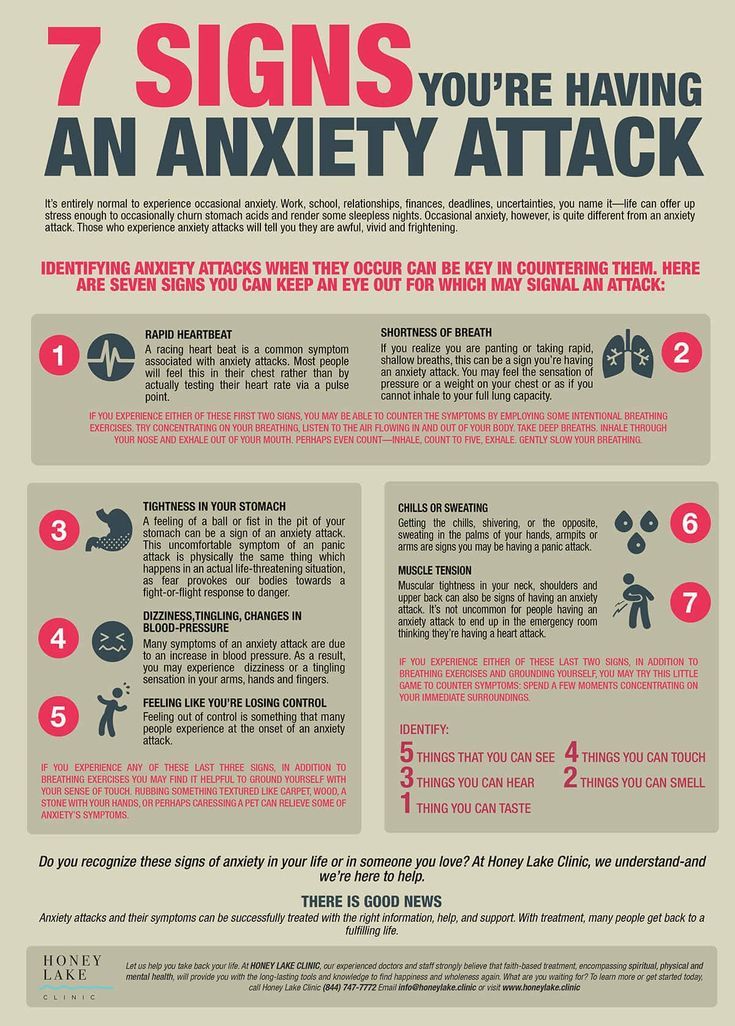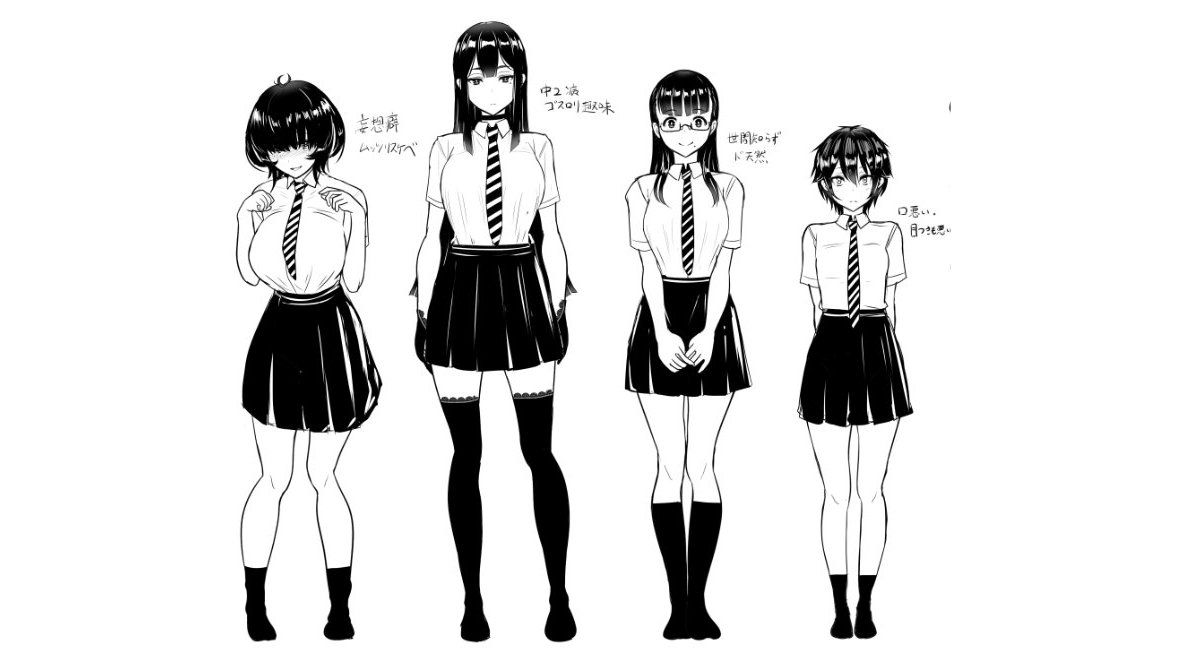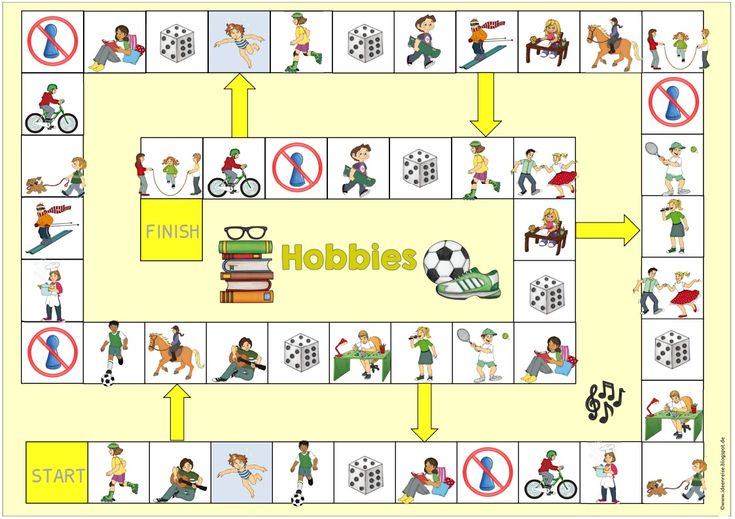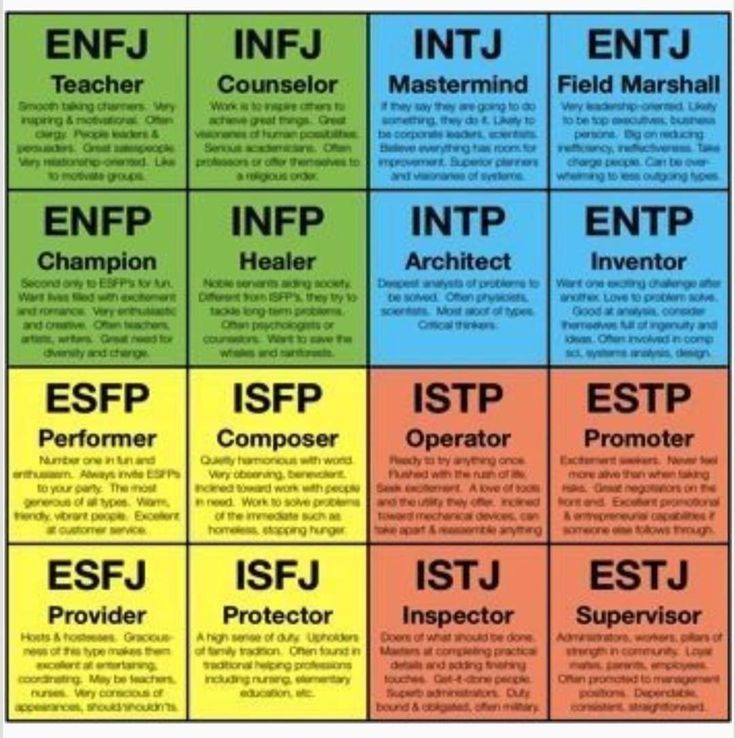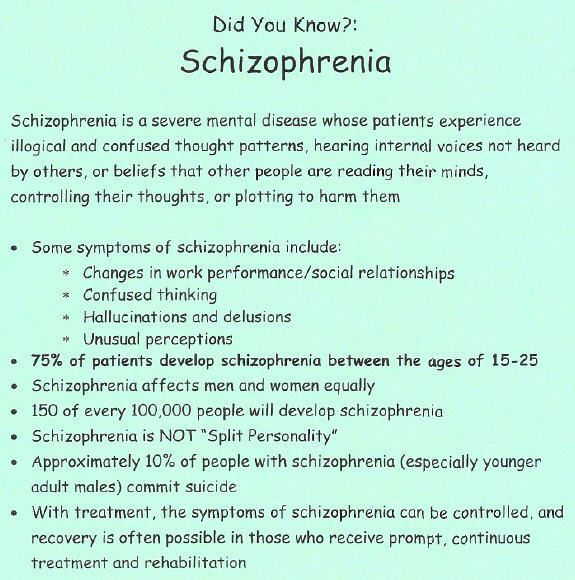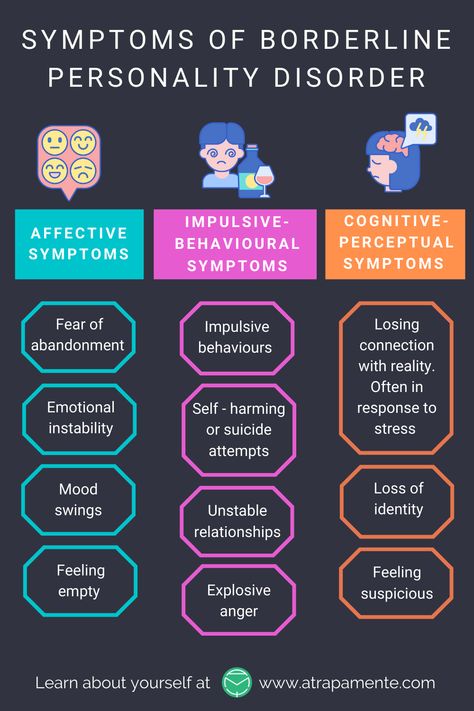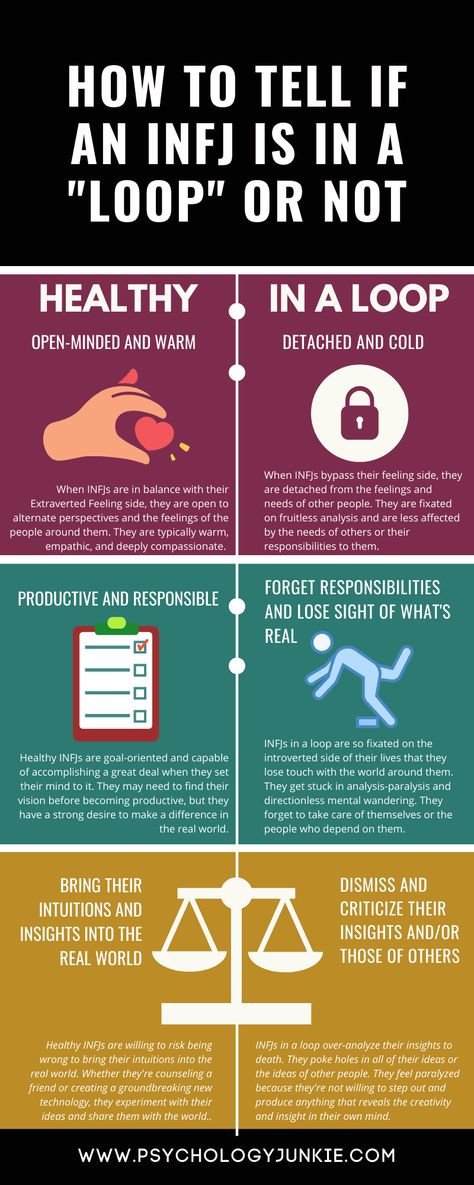Immediate relief from anxiety
How to Calm Down Quickly
Something sets you off, and before long, you feel stuck in an endless loop of intrusive thoughts, pondering every possible thing that could go wrong. Your body tenses, your breathing quickens, and you can hear your heartbeat pounding in your ears.
When you feel anxiety kick in like this, it’s time to calm yourself down. The first step is awareness. It’s a good idea to learn to recognize the first signs of anxiety and get to work right away before experiencing an episode.
Breathe
One of the best things you can do when you start to feel that familiar panicky feeling is to breathe. It may sound basic, but basic is great when managing anxiety symptoms.
Breathing deeply and slowly is key to experiencing the full benefits of it. It’s also a good idea to focus your thoughts on breathing and nothing else.
“When we draw our attention to our breathing and really focus on it, the thoughts that trigger the anxiety start to become more distant, our heart rate slows, and we start to calm,” explains Dawn Straiton, doctor of nursing practice and faculty member of Walden University.
Some people find 4-7-8 breathing particularly effective.
- Breathe in for 4 seconds.
- Hold your breath for 7 seconds.
- Exhale slowly for 8 seconds.
- Repeat until you feel calmer.
Name what you’re feeling
When you’re experiencing an anxious episode, you may not realize what’s going on until you’re really in the thick of it.
Recognizing anxiety for what it is may help you calm down quicker.
“Name that this is anxiety — not reality — and that it will pass,” says Kim Hertz, a psychotherapist at New York Therapy Practice. “When you are in a heightened state of anxiety, you want to disrupt that cycle, and for some people, thought-stopping techniques are effective and as simple as saying ‘stop’ to the internalized messaging that heightens anxiety.”
In other words, consider recognizing that what you’re feeling is anxiety and talking yourself through it.
“Embrace absolute truths,” says Steven Sultanoff, clinical psychologist and professor at Pepperdine University.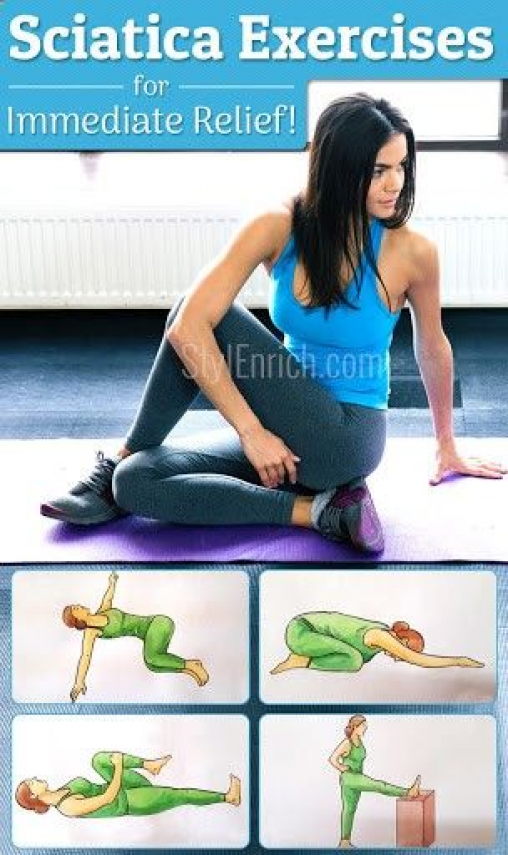 “[Tell yourself] I will get through this — one way or another.”
“[Tell yourself] I will get through this — one way or another.”
Naming your sensations and feelings may help you step away from them. This is anxiety, it is not you and it won’t last forever.
Try the 5-4-3-2-1 coping technique
When you’re overwhelmed with anxiety, the 5-4-3-2-1 coping technique could help calm your thoughts down.
Here’s how it works:
- Five. Look around the room, then name five things you see around you. These can be objects, spots on the wall, or a bird flying outside. The key is to count down those five things.
- Four. Next, name fourthings you can touch. This can be the ground beneath your feet, the chair you’re sitting in, or your hair that you run your fingers through.
- Three. Listen quietly, then acknowledge three things you can hear. These can be external sounds, like a fan in the room, or internal sounds, like the sound of your breathing.
- Two.
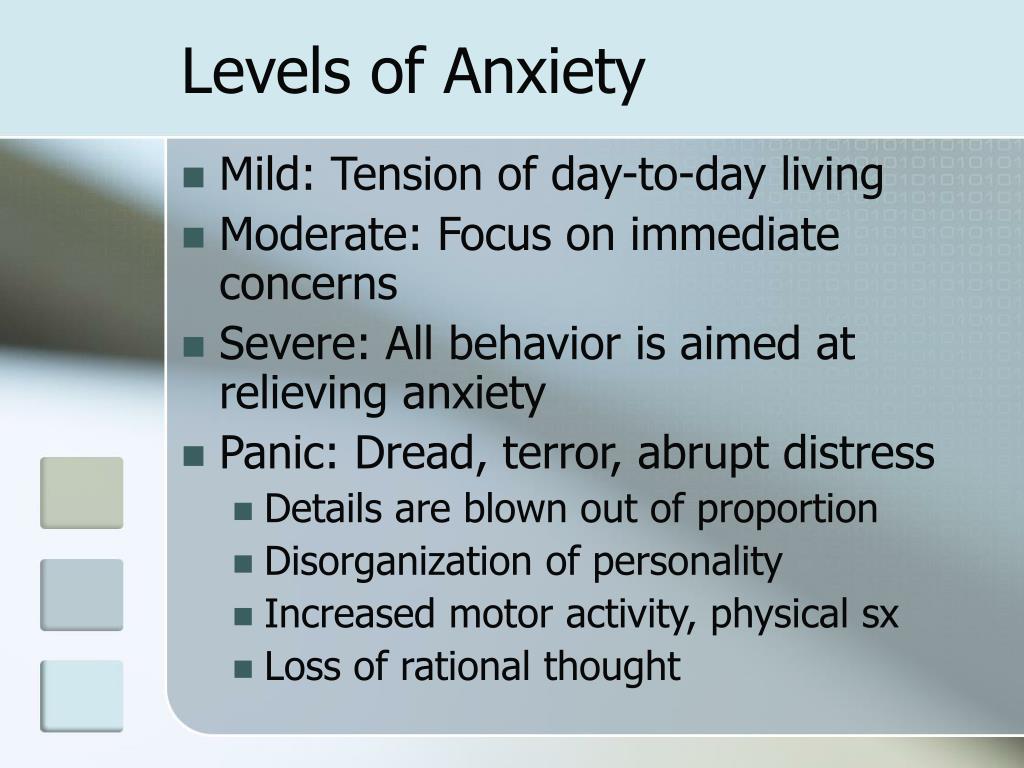 Note two things you can smell. Maybe that’s the perfume you’re wearing or the pencil you’re holding.
Note two things you can smell. Maybe that’s the perfume you’re wearing or the pencil you’re holding. - One. Notice something you can taste inside your mouth. Maybe that’s the lipgloss you’re wearing.
This technique works best if you pair it with deep, slow breathing.
Try the “File It” mind exercise
The “File It” technique works particularly well if you’re lying awake at night thinking of all the things you have to do or haven’t done, or if you’re rehashing something that happened during the day.
These are the steps for performing this exercise:
- Close your eyes and imagine a table with file folders and a file cabinet on it.
- Imagine yourself picking up each file and writing down the name of a thought that’s racing through your mind — for example, the fight you had with your spouse, the presentation you have to give tomorrow at work, or the fear you have of getting sick with COVID-19.
- Once the name is on the file, take a moment to acknowledge the thought and how important it is to you.
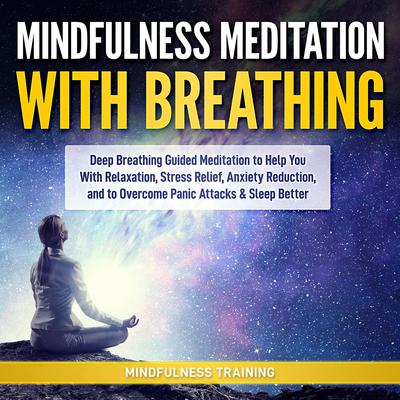 Then, file it away.
Then, file it away. - Repeat this process with every thought that pops into your head until you start to feel calmer (or sleepy.)
The idea with this exercise is that you’re taking a moment to name your triggers, examine them, and then consciously put them aside with a deadline to tackle them later. In other words, you’re validating your own feelings and making a plan to deal with them, one by one, when it’s a better time.
Run
“A quick burst of exercise that increases your heart rate is helpful at reducing anxiety,” explains Patricia Celan, a postgraduate psychiatry resident at Dalhousie University in Canada.
A 5-minute, high-speed run around the block would be enough to help you reduce anxiety quickly, says Celan. Of course, you could run for a longer time if that’s something you enjoy.
If running is not your thing, you could try walking fast for 1 minute and then jogging for 1 minute until you reach 5 minutes total. The key is to increase your heart rate with exercise.
It’s also important not to forget your breathing. While you run, consider focusing on how you’re breathing.
If you live with an anxiety disorder, your amygdala is working overtime. Every time you perceive a threatening trigger, this information is sent to your amygdala. If you have anxiety, you may deal with a lot of triggers. Every time the amygdala senses a threat, it tells the body to fight, flee, or freeze.
This is a natural physiological reaction that allows you to respond to the perceived threat.
If your reaction to this message is to run, you might trick your mind into thinking it’s doing something practical to keep you safe. Then, it may lower the state of alert and reduce your anxiety in the moment.
Think about something funny
“Visualize your favorite humorous moments,” says Sultanoff. “One where you laughed so hard you fell down and [nearly] peed your pants. These can be real situations, or they can be situations you saw on sitcoms, in stories, jokes, or cartoons.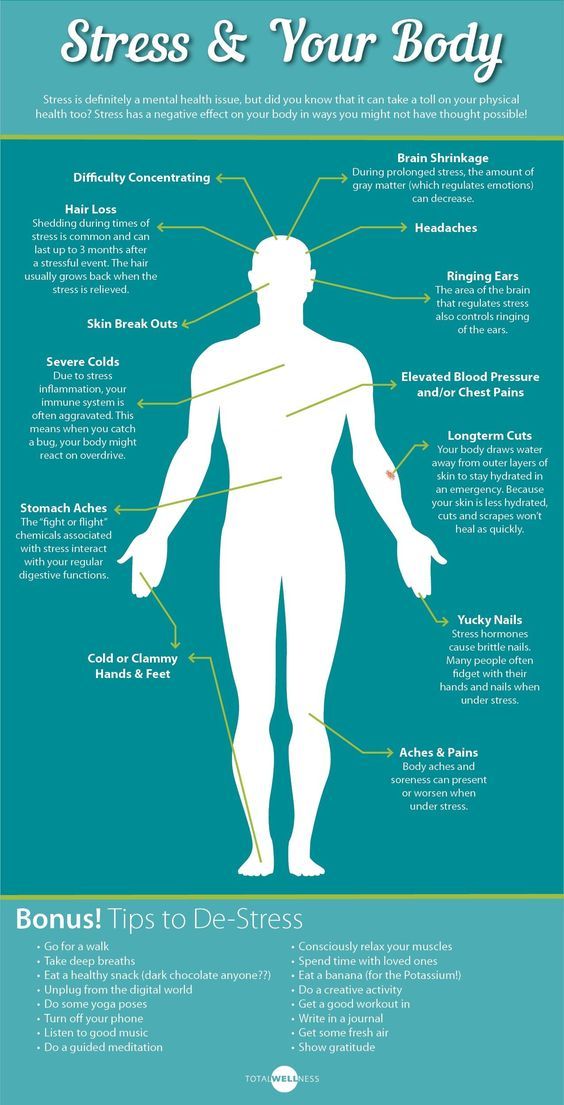 ”
”
If it’s difficult for you to come up with something in the moment, try picking a couple of memories ahead of time, so you can go to them as soon as you start experiencing anxiety.
Like most mindfulness training, humor visualization takes you out of worrying about things that might happen in the future and focuses you back in your present circumstances, in the “now.”
It does a few other things too. “You experience ‘mirth,’ which is the uplifting reaction to humor,” explains Sultanoff. You feel emotions such as joy, pleasure, or delight — all powerful emotions that can help you reduce anxiety quickly.
And if you’re able to make yourself laugh by remembering that funny moment, he says, humor visualization is even more effective.
“When you laugh, you contract and expand muscles, which reduces physical anxiety, stress, and tension,” he says.
Laughter also combats the production of cortisol levels in the body, he adds.
Distract yourself
If nothing seems to be working to pull your focus from your anxious thoughts, maybe it’s time to find a temporary distraction.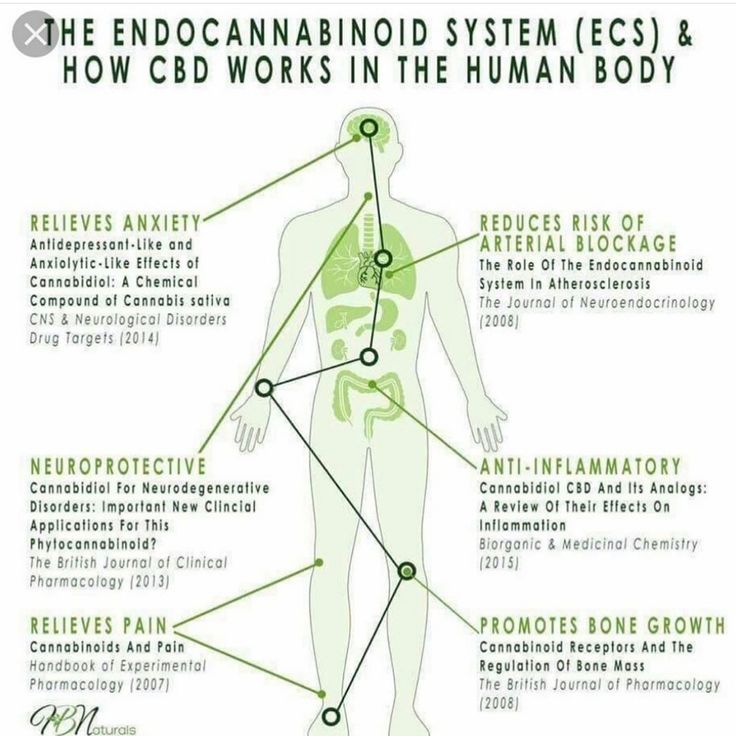
For example, if you’re lying in bed, wide awake, obsessing about what tomorrow will bring and deep breathing and other techniques aren’t working, get up and leave your bedroom and find a distraction in another room.
Focusing on something you really enjoy can break the cycle of anxious thoughts and give you some relief — at least until you’re in a better frame of mind to tackle those thoughts.
What that distraction is, however, varies from person to person. The idea is to find something relaxing, pleasurable, or mindless to pull your focus from your thoughts.
For example, some people find doing the dishes or cleaning their house to be a good distraction. It makes them feel active and requires some focus, but it pulls them away from just sitting there worrying.
Other people prefer listening to calming music, watching a favorite TV show or movie (just avoid one that is scary or stressful), reading, painting, or writing.
Sometimes, simply petting your cat or drinking a cup of tea helps.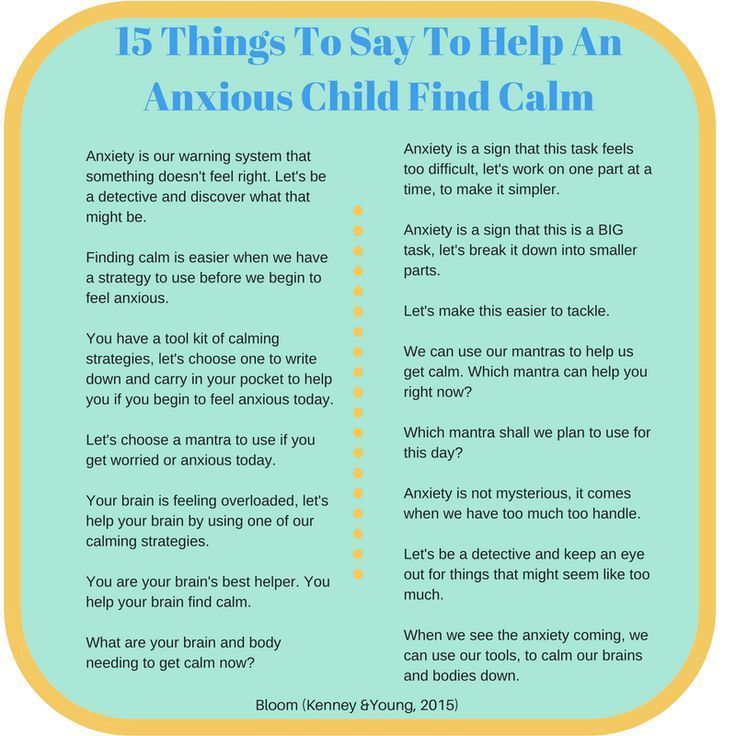 Just make sure you pick a low-stress activity to pull your thoughts away from the source of your anxiety.
Just make sure you pick a low-stress activity to pull your thoughts away from the source of your anxiety.
Take a cold shower (or an ice plunge)
If you’re experiencing particularly intense anxiety, says Celan, some psychiatrists have a relatively extreme (and unpleasant) way to snap you back to reality: you can fill a large bowl with cold water, throw some ice cubes in, and dunk your face in the water for 30 seconds.
Is it extreme? Yes. But it also works.
“This technique triggers your mammalian dive reflex,” explains Celan. “It tricks your body into thinking you’re swimming, so your heart rate slows, and your body becomes calmer.”
If you don’t feel like doing something this extreme, you can achieve a similar calming effect by jumping in a cold shower or going swimming.
Another option that works, and that some dialectical behavior therapists use, is to place your hand or foot in cold water for a minute or so. You could also hold an ice cube until it melts in your hand.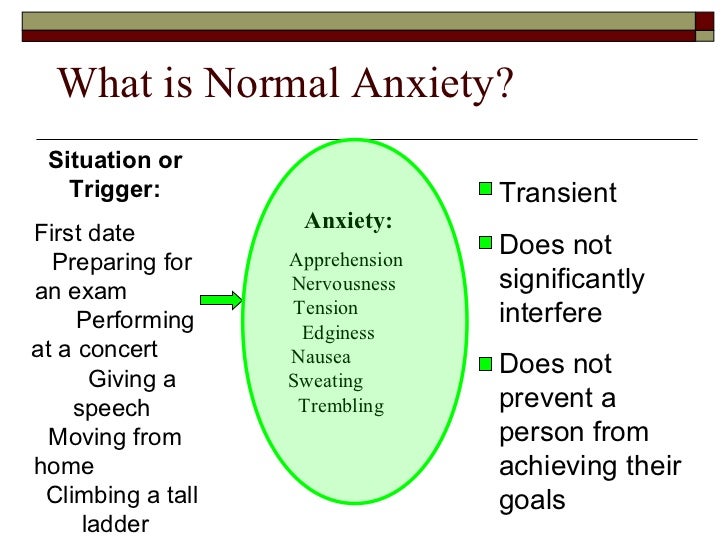
There are some things you can do to improve your overall mental health and reduce your stress — which might help reduce anxiety symptoms.
Identifying triggers
The best way to do this is to keep a diary. Write down when you feel anxious and what you think caused the anxious episode.
“List these things out to identify what is outside your control and focus on the things that are within your control,” says Straiton.
For example, if you know that social interactions with a specific person tend to trigger your anxiety, make a note of that. Then, consider focusing on these questions:
- What makes me anxious about this situation?
- Are they going to judge me?
- Am I judging them?
- Even if they were judging me, how would that really affect me?
- Would preparing this interaction help me feel less anxious? (e.g., what you’re going to say or how you’re going to say it)
“When individuals have a plan, they feel ‘in control’ of the perceived future threat that is the trigger of anxiety,” explains Straiton.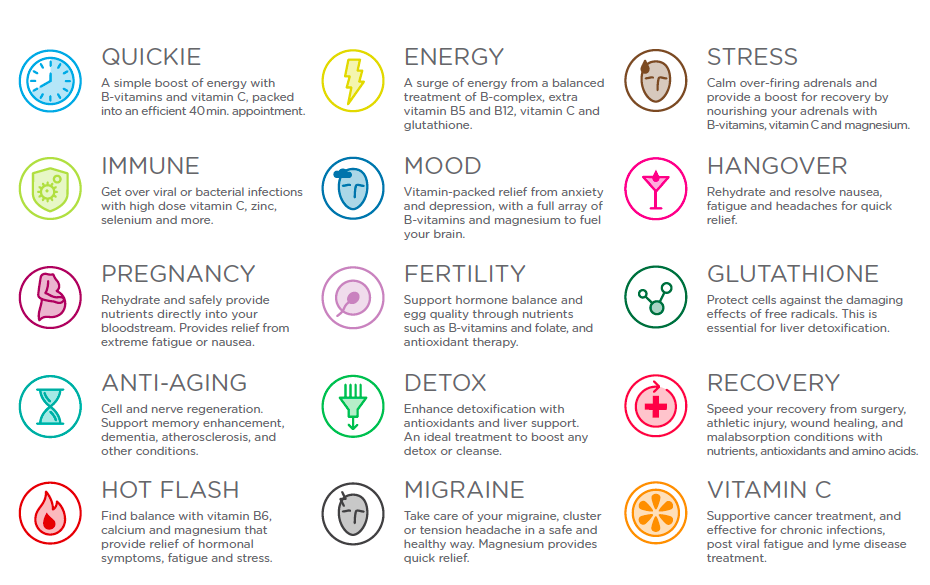
Self-care routines
Consider taking a routine that makes time for you to do calming or pleasurable activities.
This can be taking a 30-minute walk or a nightly bath before bed. It can also mean carving out time for meditation, yoga, and your favorite hobbies, whether that’s reading, painting, or doing the Sunday crossword.
It can even mean making time for “play,” such as playing video games, board games, or team sports.
It may be advisable to skip any high-impact exercise within 2 hours of bedtime.
“Play is important to adults too because it gives your brain a break,” says Emily Stone, a marriage and family therapist based in Austin, Texas. “Play helps your brain be more flexible in its thinking, which is important because anxiety promotes rigidity of the brain.”
She adds, “Play tells your brain and body, ‘Things aren’t so bad. You are safe enough to stop and enjoy life. Your brain and body are listening to what you tell it through your activity.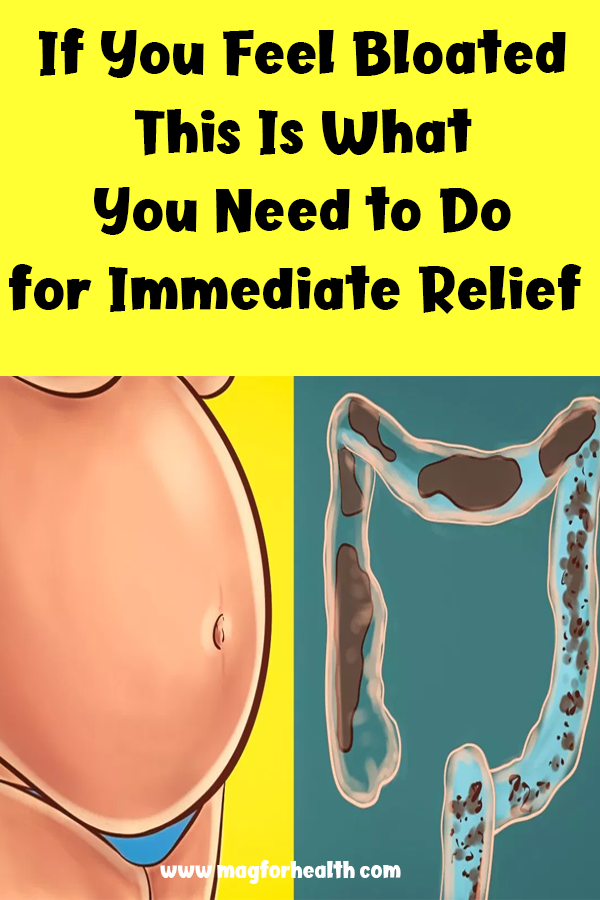 Communicate that life is worth stopping and enjoying.”
Communicate that life is worth stopping and enjoying.”
Regular exercise
If you live with anxiety, you may feel at times that you don’t have time or energy to go to the gym or out for a walk.
It’s natural to feel this way. However, exercise can do a world of good in reducing anxiety. And, you don’t need a ton of exercise to begin seeing the effects!
“A simple 20-minute daily walk is all that is needed to see a change over time,” says Stone. “It is good for your mind and body. It provides bilateral stimulation to your brain. It gives your mind a chance to go ‘offline,’ and it tells your body that it is safe to relax and enjoy the environment.”
Practice good sleep hygiene
Try to go to sleep and wake up at the same time every day — weekends included.
Your routine before going to bed also matters. Consider giving yourself wind-down times. For example, 20 minutes with no devices. Instead, you could read a book or take a bath.
Avoiding potential triggers, like watching TV or scrolling the news on your phone, is key.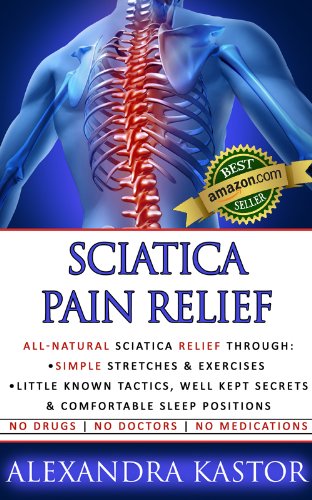
Creating a sleep routine will help you fall asleep faster and reduce the chances that you’ll lie awake, worrying about unfinished tasks or the next morning.
Humor
Just like thinking about something funny when you’re having an anxiety episode, working humor into your daily life can help you lower anxiety and stress, according to Sultanoff.
Consider these:
- Sign-up for joke newsletters.
- Read or watch cartoons.
- Watch sitcoms and funny videos.
- Hang out with people who make you laugh.
Hanging out with friends
“Relationships matter… even for us introverts,” says Stone. “Research also tells us that isolating is one of the worst things for anxiety and depression.”
So, consider making time for friends, family, and other social engagements.
“Put yourself in social situations at least weekly as a part of your self-discipline to help you build community over time,” says Stone.
Consider therapy
If you experience regular anxiety, it may be a good idea to consider therapy.
“Therapy can be an important ongoing part of a person’s life when they have jobs or relationship situations that bring chronic stress,” says Stone.
“A good therapist will be able to help you think through your options, establish boundaries, improve communication, practice emotional regulation and promote brain flexibility with [various therapeutic] approaches.”
What type of psychotherapy you choose is entirely up to you. You could consider setting up consultations with a few therapist to explore rapport and chemistry, for example.
Some of the therapy approaches you could consider include:
- cognitive behavioral therapy (CBT)
- dialectical behavioral therapy (DBT)
- internal family systems (IFS)
- emotional freedom therapy with tapping (EFT)
- eye movement desensitization reprocessing (EMDR)
- virtual reality exposure therapy
Sometimes, anxiety can be overwhelming and it could lead you to experience great distress.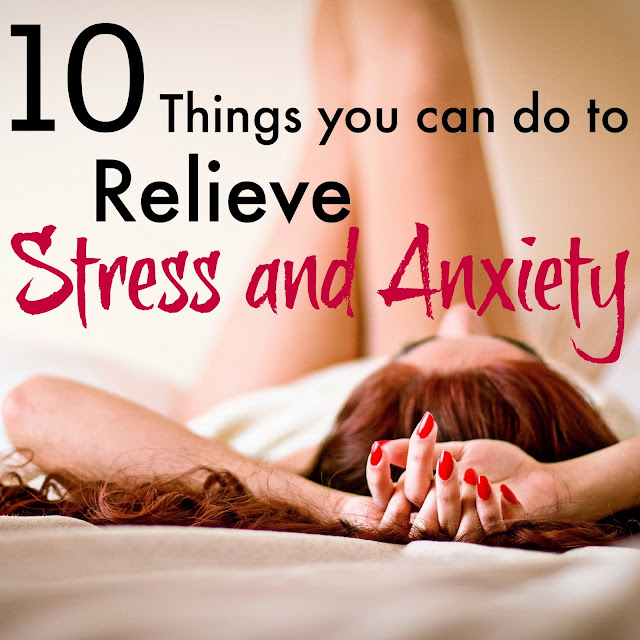 This is natural and not uncommon. A therapist can help you find more effective ways to manage these emotions.
This is natural and not uncommon. A therapist can help you find more effective ways to manage these emotions.
If your anxiety is persistent and intrusive, consider seeking the help of a professional. You can also check out our free anxiety quiz to find out whether what you’re experiencing might be something more.
If you’re feeling anxious, there are things you can do to help yourself calm down quickly. There are also lifestyle changes you can make that can help lower your stress levels and help you cope with potential triggers.
You might also find it helpful to talk to a therapist.
These resources might help:
- American Psychiatric Association’s Find a Psychiatrist tool
- American Psychological Association’s Find a Psychologist tool
- Asian Mental Health Collective’s therapist directory
- Association of Black Psychologists’ Find a Psychologist tool
- National Alliance on Mental Illness Helplines and Support Tools
- National Institute of Mental Health’s Helpline Directory
- National Queer and Trans Therapists of Color Network
- Inclusive Therapists
Are There Instant Anxiety Relief Medications?
Anxiety is a common, normal feeling that can occur in certain situations, such as during a major event, before an exam or in a job interview.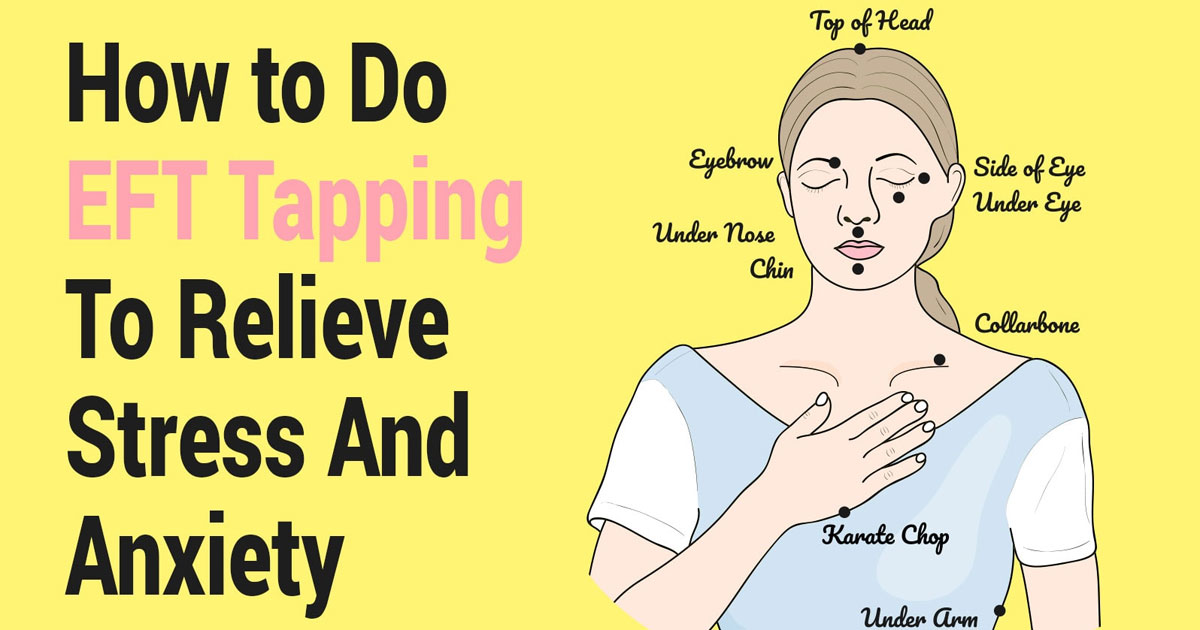
Everyone experiences anxiety. However, for some people, anxiety can be a severe or persistent problem.
If your anxiety occurs frequently and interferes with your daily life, it’s often a sign that you may have an anxiety disorder.
Several types of medication are used to treat anxiety. Some work quickly and provide an almost instant reduction in your symptoms, while others can take several months to reduce the severity of your anxiety and change the way you respond to certain situations.
Below, we’ve listed the instant anxiety relief medications that are currently available. We’ve also covered how these medications work, their potential side effects and why they aren’t always the best choice if you have an anxiety disorder.
Anxiety BasicsAnxiety disorders are common. In fact, diagnostic interview data from the National Comorbidity Study Replication (NCS-R) suggests that an estimated 31.1 percent of US adults experience an anxiety disorder at some point in life.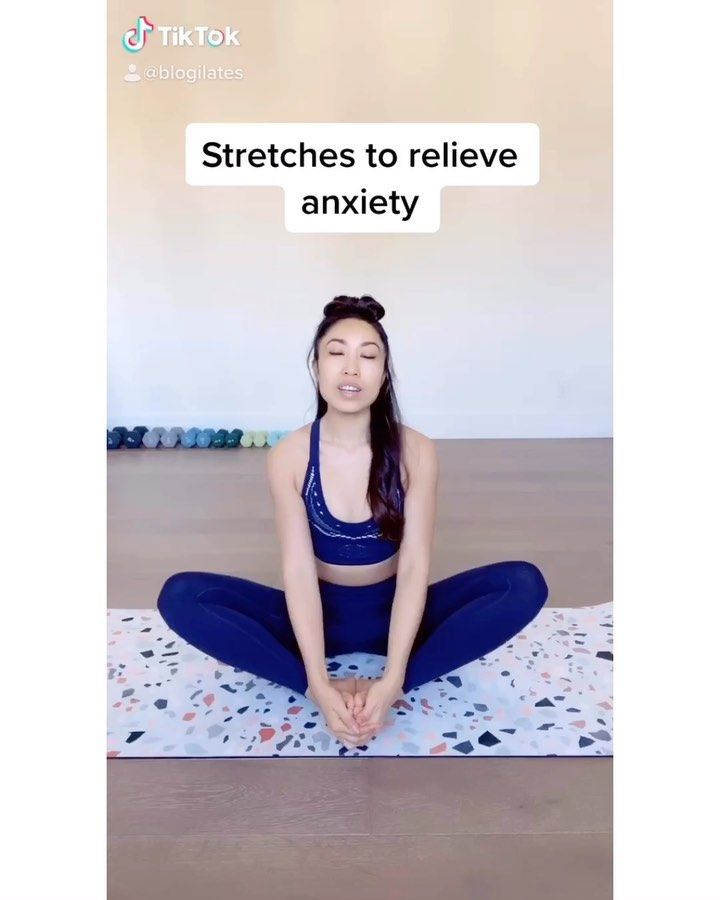
Although the term “anxiety” is often used to describe any disorder that involves excessive worry or panic, there are numerous different types of anxiety disorders. These include:
Generalized anxiety disorder (GAD)
Social anxiety disorder (SAD, or social phobia)
Obsessive-compulsive disorder (OCD)
Post-traumatic stress disorder (PTSD)
Panic disorder
Separation anxiety disorder
Phobia-related disorders
The specific symptoms of anxiety can vary from one disorder to another.
Anxiety disorders are typically treated with behavioral therapy, medication and changes to your habits and lifestyle.
Some anxiety medications, such as antidepressants, start working gradually over the course of several weeks or months.
Others are absorbed quickly by your body and provide relief from the symptoms of anxiety in just a few minutes.
Instant Relief Anxiety MedicationsMost instant relief anxiety medications belong to a class of drugs called benzodiazepines (also called “benzos”).
Benzodiazepines work by increasing levels of gamma aminobutyric acid (GABA), an inhibitory neurotransmitter.
GABA slows down certain functions of your nervous system and lowers the severity of many anxiety symptoms.
As well as anxiety disorders, many benzodiazepines are prescribed to treat insomnia, seizures, agitation and other conditions.
Common benzodiazepines include:
Diazepam (sold as Valium®)
Alprazolam (Xanax®)
Clonazepam (Klonopin®)
Lorazepam (Ativan®)
Triazolam (Halcion®)
Benzodiazepines are absorbed quickly and provide rapid relief from anxiety. For example, the common anxiety medication diazepam is absorbed by the body in a few minutes and reaches peak concentration in the bloodstream in approximately one hour.
This means that when you use benzodiazepines, you’ll generally feel relaxed — both physically and mentally — fairly quickly.
The results aren’t necessarily instant, but they’re faster than other medications used to treat and manage anxiety.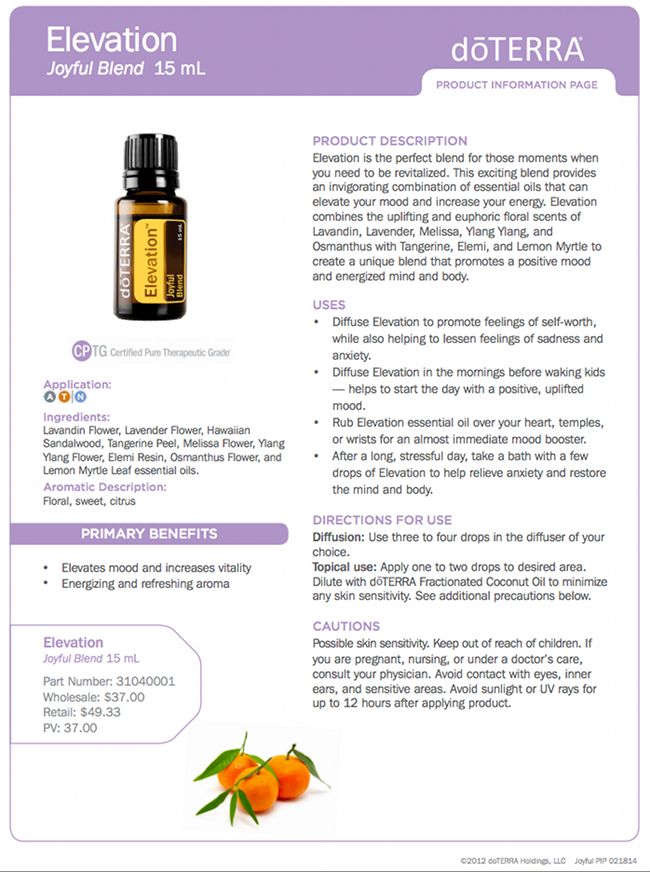
Your healthcare provider may prescribe a benzodiazepine if you’re prone to acute symptoms of anxiety, such as sudden, severe feelings of worry or panic attacks. Some benzodiazepines are intended to be used several times a day to control anxiety symptoms.
Learn about Buspar vs Xanax here.
online mental health assessment
your mental health journey starts here
Downsides of Benzodiazepines
Although benzodiazepines are effective at controlling anxiety in the short term, they have a few downsides that make them less ideal as long-term treatments for anxiety.
The first downside of benzodiazepines is that they can become less effective over time. Some people who take benzodiazepines need to increase their dosage in order to maintain the same effects over the long term.
Because of this, benzodiazepines usually aren’t prescribed for chronic anxiety. Instead, they’re generally used as a short-term form of treatment for controlling anxiety levels.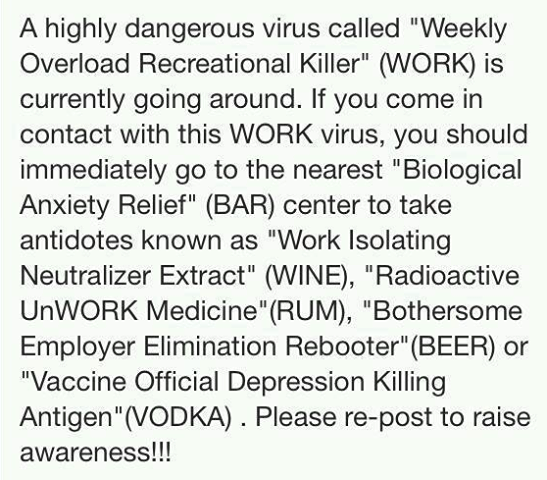
Benzodiazepines can also cause dependence. If you’re taking this type of medication, you must consult with your healthcare provider if you need or wish to stop.
Benzodiazepines can cause withdrawal symptoms or a return of anxiety if stopped suddenly, and should be tapered under the guidance of a healthcare provider.
Another major downside of benzodiazepines is their side effect risk. Many benzodiazepines can cause adverse effects, including the following:
Drowsiness
Tiredness
Dizziness or light-headedness
Difficulty concentrating
Talkativeness
Dry mouth
Irritability
Increased salivation
Appetite and/or weight changes
Changes in sex drive and/or function
Constipation
Joint pain
Nausea
Many benzodiazepines can also cause dangerous drug interactions, particularly when used with pain management medications.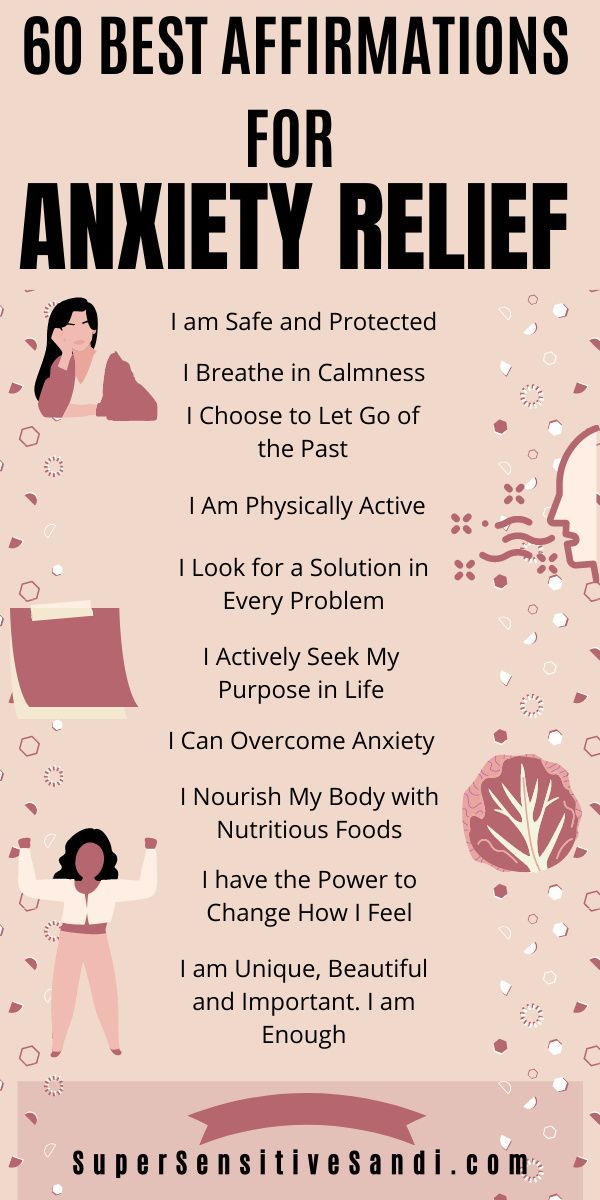
The National Institute on Drug Abuse has highlighted the dangers of using benzodiazepines and opioid painkillers.
Since both medications produce sedation and slowed breathing, they can lead to overdose deaths when used together.
These risks recently prompted the FDA to add a boxed warning — the most prominent drug safety warning — to the packaging of benzodiazepines.
Because of these adverse effects and drug interactions, it’s important to inform your healthcare provider about any medications you use or have recently used before using benzodiazepines to manage your anxiety.
Other Fast Acting Anxiety MedsIn addition to benzodiazepines, other medications are also used to manage anxiety. If you have performance anxiety, your healthcare provider may suggest using a beta-blocker to control your physical symptoms.
Beta-blockers are medications that are used to treat tachycardia (rapid heart rate), hypertension (high blood pressure) and other cardiovascular health issues.
They work by lowering your heart rate and promoting physical relaxation.
Taking a beta-blocker is a quick, simple way to treat the physical symptoms of anxiety, such as a pounding heartbeat, shaking or trembling.
However, this type of medication won’t treat the psychological symptoms of anxiety, such as any feelings of worry, fear or being out of control.
One beta-blocker that’s often used to treat the physical symptoms of anxiety is propranolol (sold as Inderal®).
Our guide to propranolol for performance anxiety explains how it works, as well as how it’s commonly used as an as-needed anxiety treatment.
Other Options for Treating AnxietyBenzodiazepines and beta-blockers both work quickly to treat anxiety as needed, but both types of medications have significant downsides.
For benzodiazepines, it’s often the loss of effectiveness and dependence. For beta-blockers, it’s the fact that although they’re effective at managing anxiety’s physical symptoms, they do little to help with the psychological side of most anxiety disorders.
Luckily, numerous other options are available for treating anxiety, including medications, therapy and habits that you can use to stay in control of your symptoms.
AntidepressantsIn addition to treating depression, many antidepressants are also effective at controlling anxiety symptoms.
Antidepressants work by increasing the levels of certain chemicals, called neurotransmitters, in your brain.
Medications of this type are usually slower to work than benzodiazepines, but can often treat anxiety without the same issues.
If you have anxiety, your healthcare provider may suggest using a selective serotonin reuptake inhibitor (SSRI) or serotonin-norepinephrine reuptake inhibitor (SNRI) to treat your symptoms.
Our guide to depression medications goes into more detail about these medications and how they work as anxiety treatments.
BuspironeBuspirone (sold as BuSpar®) is another type of medication for anxiety. It’s used to treat anxiety that lasts for six months or longer.
Buspirone is effective for many people, but it can take three to four weeks to start producing improvements.
Related post: Does Buspar Cause Weight Gain?
PsychotherapyLike other mental health disorders, anxiety often improves with psychotherapy, either on its own or in combination with medication.
Several types of psychotherapy are used to treat anxiety, including cognitive behavioral therapy (CBT), which involves learning new ways to think and react to situations that cause anxiety, and exposure therapy, which involves directly confronting the factors that make you feel anxious.
Our guide to types of therapy explains more about different therapy used to treat anxiety disorders.
Lifestyle ChangesMany habits and lifestyle changes can make anxiety less severe. Some of these changes can even produce immediate improvements by distracting you from the thoughts or situations that make you feel anxious. Try the following habits and techniques for anxiety relief:
Exercise regularly.
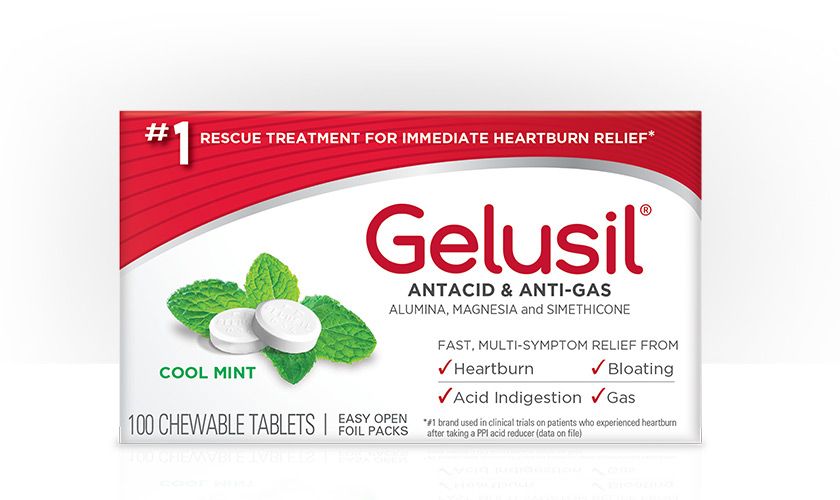 Research shows that exercise, and particularly high-intensity forms of exercise, helps to treat anxiety. Keep yourself physically active, whether this means a walk around your neighborhood, a bike ride or an intense workout.
Research shows that exercise, and particularly high-intensity forms of exercise, helps to treat anxiety. Keep yourself physically active, whether this means a walk around your neighborhood, a bike ride or an intense workout.Try mindfulness meditation. Other research has found that anxiety often improves with meditation. Try spending five to 15 minutes meditating each day to calm your mind and focus on the present.
Try natural anxiety treatments. Although research is mixed, some natural treatments may help to treat anxiety. Popular natural remedies for anxiety include CBD, chamomile and lavender oil.
Quit smoking. While the nicotine in cigarettes can have an immediate calming effect — it’s only temporary and anxiety can (and usually does) return. If you’re a smoker, try your hardest to give up smoking to improve your physical and mental health.
In our guide on how to calm anxiety, we share other techniques that you can use to deal with anxiety symptoms and improve your quality of life.
psych meds online
psychiatrist-backed care, all from your couch
Getting Instant Relief for AnxietyAnxiety is a treatable condition, but many anxiety medications that offer instant relief also come with risks and side effects.
If you think you have an anxiety disorder, it’s best to reach out to a mental health provider. You can do this by asking your primary care provider for a mental health referral or by using our online psychiatry service for an evaluation to get anxiety medication online.
You’ll receive a personalized treatment plan and, if appropriate, medication management with evidence-based medicine.
Since anxiety can differ from person to person, there isn’t a one-size-fits-all medication that works best for everyone. Your healthcare provider will work with you to select a medication that gets your symptoms under control while minimizing side effects and safety risks.
15 Sources
Hims & Hers has strict sourcing guidelines to ensure our content is accurate and current.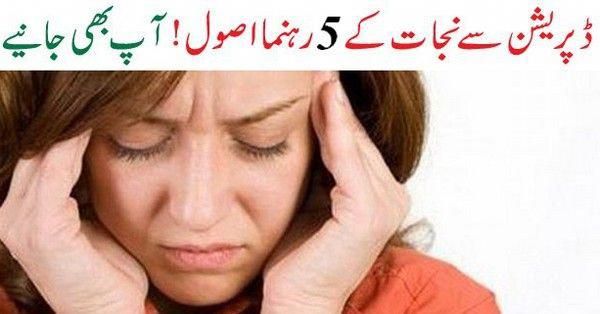 We rely on peer-reviewed studies, academic research institutions, and medical associations. We strive to use primary sources and refrain from using tertiary references.
We rely on peer-reviewed studies, academic research institutions, and medical associations. We strive to use primary sources and refrain from using tertiary references.
- Any Anxiety Disorder. (n.d.). Retrieved from https://www.nimh.nih.gov/health/statistics/any-anxiety-disorder
- Anxiety Disorders. (2018, July). Retrieved from https://www.nimh.nih.gov/health/topics/anxiety-disorders
- What are the five major types of anxiety disorders? (2014, February 12). Retrieved from https://www.hhs.gov/answers/mental-health-and-substance-abuse/what-are-the-five-major-types-of-anxiety-disorders/index.html
- Benzodiazepines and Opioids. (2021, February 3). Retrieved from https://www.drugabuse.gov/drug-topics/opioids/benzodiazepines-opioids
- Lydiard, R.B. (2003). The role of GABA in anxiety disorders. Journal of Clinical Psychiatry. 64 Suppl 3, 21-7. Retrieved from https://pubmed.ncbi.nlm.nih.gov/12662130/
- Bounds, C.
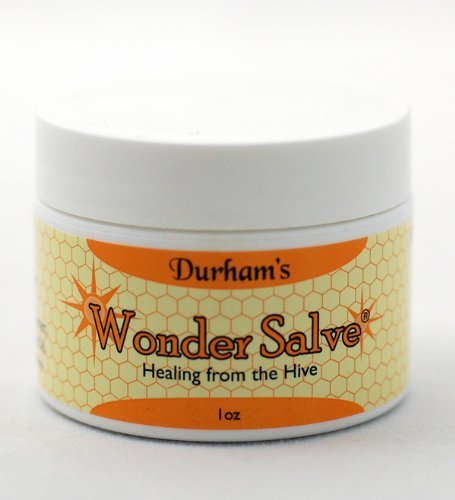 G. & Nelson, V.L. (2020, November 22). Benzodiazepines. StatPearls. Retrieved from https://www.ncbi.nlm.nih.gov/books/NBK470159/
G. & Nelson, V.L. (2020, November 22). Benzodiazepines. StatPearls. Retrieved from https://www.ncbi.nlm.nih.gov/books/NBK470159/ - VALIUM® CIV brand of diazepam Tablets. (2019, November). Retrieved from https://www.accessdata.fda.gov/spl/data/c0054f7c-9c38-4ac8-ae8f-5e6427e1fd14/c0054f7c-9c38-4ac8-ae8f-5e6427e1fd14.xml
- Alprazolam. (2021, May 15). Retrieved from https://medlineplus.gov/druginfo/meds/a684001.html
- FDA requiring Boxed Warning updated to improve safe use of benzodiazepine drug class. (2020, September 23). Retrieved from https://www.fda.gov/drugs/drug-safety-and-availability/fda-requiring-boxed-warning-updated-improve-safe-use-benzodiazepine-drug-class
- Farzam, K. & Jan, A. (2021, July 9). Beta Blockers. StatPearls. Retrieved from https://www.ncbi.nlm.nih.gov/books/NBK532906/
- InformedHealth.org. (2020, June 18). Depression: How effective are antidepressants? Retrieved from https://www.
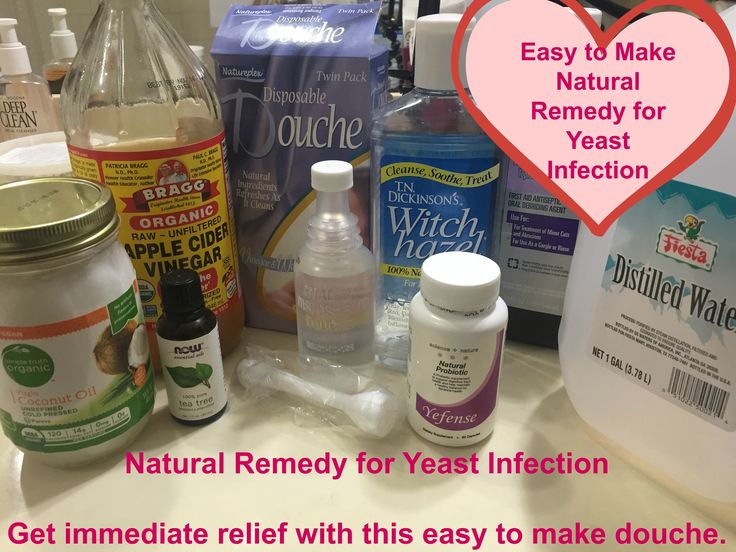 ncbi.nlm.nih.gov/books/NBK361016/
ncbi.nlm.nih.gov/books/NBK361016/ - Buspirone (BuSpar). (2021, September). Retrieved from https://www.nami.org/About-Mental-Illness/Treatments/Mental-Health-Medications/Types-of-Medication/Buspirone-(BuSpar)
- Aylett, E., Small, N. & Bower, P. (2018). Exercise in the treatment of clinical anxiety in general practice – a systematic review and meta-analysis. BMC Health Services Research. 18, 559. Retrieved from https://www.ncbi.nlm.nih.gov/pmc/articles/PMC6048763/
- Meditation: In Depth. (2016, April). Retrieved from https://www.nccih.nih.gov/health/meditation-in-depth
- Anxiety & Smoking. (n.d.). Retrieved from https://smokefree.gov/challenges-when-quitting/cravings-triggers/anxiety-smoking
This article is for informational purposes only and does not constitute medical advice. The information contained herein is not a substitute for and should never be relied upon for professional medical advice. Always talk to your doctor about the risks and benefits of any treatment. Learn more about our editorial standards here.
Always talk to your doctor about the risks and benefits of any treatment. Learn more about our editorial standards here.
Anxiety how to get rid of anxiety and anxiety?
We live in a difficult and fast paced time. Depression, stress and anxiety greatly affect well-being and quality of life. They easily cross out all our efforts to be happy and pretty much spoil our health. I know what I'm talking about, because I myself went through this whole circle.
I wrote a blog post about stress and depression, and now I just have to talk about anxiety as part of the discount week for these supplements.
I think this is the most difficult emotional state and maybe even worse than depression. But what is the most common, that's for sure!
Anxiety comes in varying degrees, from anxiety to strong emotions and phobias. And if fear is a normal reaction to real danger, then anxiety has no clear or rational cause .
My relative is the perfect example. Her anxiety level is so high that it causes a lot of inconvenience! What are the fears of dogs, couriers, robbers that have no real reason, the fear of getting sick with all unthinkable diseases at once!
Her anxiety level is so high that it causes a lot of inconvenience! What are the fears of dogs, couriers, robbers that have no real reason, the fear of getting sick with all unthinkable diseases at once!
But anxiety causes not only inconvenience in life, but leads to very serious problems , the development of phobias and PA (panic attacks). It turns out a vicious circle: anxiety - panic disorder - depression - even more anxiety, etc.
I have experienced all these circles from the drawing. I had to face panic attacks too closely; it was the result of extreme stress (betrayal) and prolonged anxiety. Now I am writing this and smiling, but how difficult it was to go through, to live this path, not to put it into words!
So please don't bring yourself to the consequences of anxiety! Eliminating them is difficult, long and very, very expensive.
Signs and symptoms of anxiety
Painting by Edvard Munch can be a visual aid to anxiety ))
The symptoms vary, most often it is heart palpitations, sweating, dry mouth, wet palms or dizziness.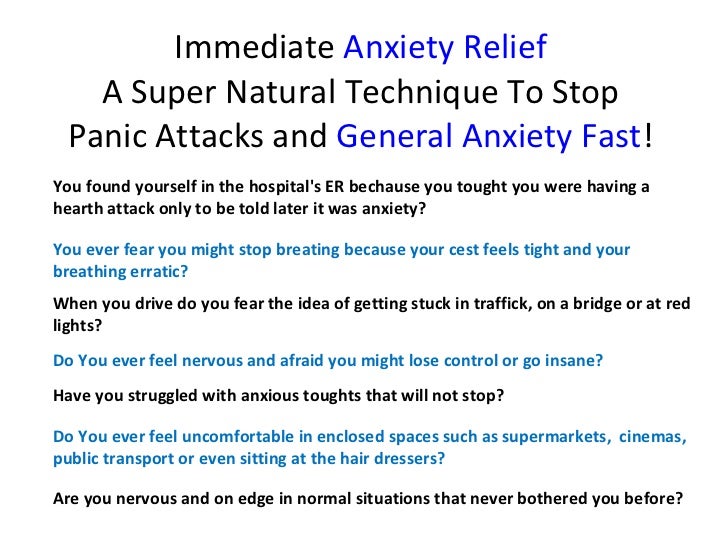 Digestive and intestinal disorders.
Digestive and intestinal disorders.
Schoolchildren often have anxiety , and then they constantly ask for time off from the lesson and run to the toilet, this is also one of the symptoms.
Chest tightness and difficulty in taking deep breaths, constant yawning, shortness of breath and hyperventilation are common. Anxiety can cause tension in the back and neck muscles, leading to headaches, back pain, and muscle spasms.
My friend experienced extreme stress with tears and fear when we descended from the upper glacier in Hintertux. My mother in such cases always wonders why they also pay for it)) But, this fear has nothing to do with anxiety, when you have the feeling that something is about to happen, and definitely bad!
Many people live for years in such fear and expectation of the worst. The inability to relax leads to difficulty falling asleep , insomnia and poor sleep, and constant anxiety to the problems I wrote about above.
Anxiety how to get rid of it in a simple way
Anxiety can be a consequence not only of extreme stress , but also of the usual increase in the level of lactic acid in the blood. At least seven food factors are responsible for its content: caffeine, sugar, vitamin B deficiency, calcium or magnesium deficiency, alcohol, food allergy.
Just by avoiding sugar, caffeine and food allergens, and making up for the lack of these vitamins , you can significantly relieve the symptoms of anxiety!
Anxiety Dual Therapy
Supplements work effectively and safely for anxiety and anxiety, up to the complete elimination of symptoms (which is not the case with tranquilizers, which have a bunch of side effects).
But to get long-term results , you need to combine supplementation with methods to relax the body and mind.
These can be as simple as prayer, meditation, relaxation, affirmations, or deep relaxation audio therapy.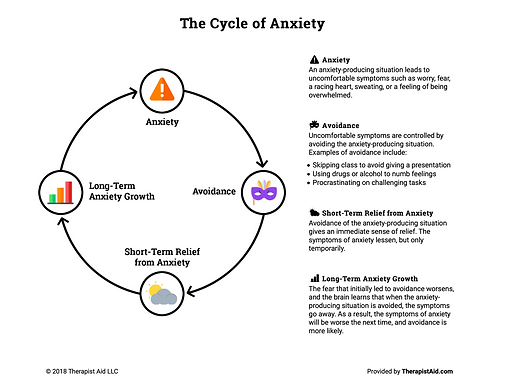 Who is more suitable and like it. It is important to choose your method and devote 5-10 minutes to relaxation every day.
Who is more suitable and like it. It is important to choose your method and devote 5-10 minutes to relaxation every day.
Of the supplements for anxiety, the most effective: the basic complex, necessarily magnesium, L-theanine, GABA, ashwagandha, St. John's wort extract.
In this section you can buy ready-made supplement programs
Basic vitamins for anxiety
Anxiety Base: Quality Multivitamin + Vitamin D3 1000-2000 IU Initially + Omega-3 Dosage EPA & DHA 1000-3000mg/day.
Omega acids should be chosen with the highest concentration of EPA, they effectively work to improve mood and emotional well-being, I wrote about such a complex here.
Pay attention to the magnesium content in the base complex, if it is not enough, then magnesium is needed additionally! I ordered a lot of magnesium, my favorite is Bluebonnet Nutrition, Buffered Chelated Magnesium
L-theanine quickly relieves anxiety
L-theanine is a relaxing amino acid found in green tea.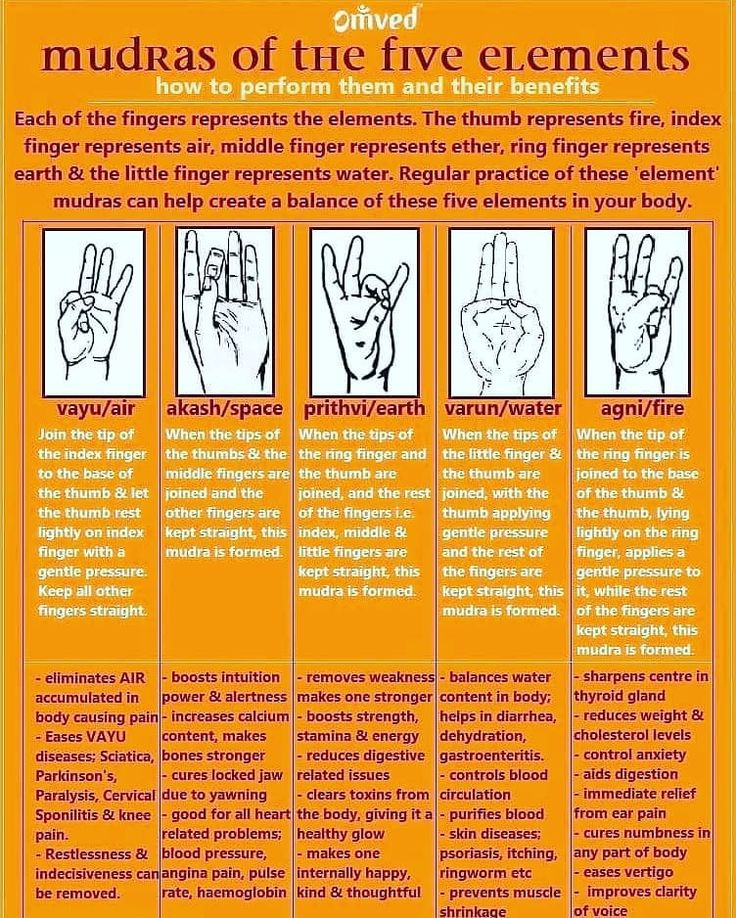 Available as a supplement. Clinical studies have shown that L-theanine causes a feeling of calm in patients with anxiety.
Available as a supplement. Clinical studies have shown that L-theanine causes a feeling of calm in patients with anxiety.
Best L-Theanine: A proprietary form of Suntheanine manufactured in Japan by Taiyo International. For the fastest action, you can take L-theanine in the form of a chewable tablet.
L-theanine usually gives immediate effect , while other supplements start working in a few days to two weeks for noticeable improvement.
Effective dosage 100-200 mg up to three times a day. At higher dosages over 600 mg, L-theanine may cause drowsiness.
My choice: Natural Factors chewable tablets, Suntheanine or capsules, also with Japanese Natural Factors, Stress-Relax, Suntheanine
GABA promotes relaxation
Gamma-aminobutyric acid, a naturally calming amino acid, is part of the nervous system. When taken in supplement form, it provides a sense of calm, improves brain function and mental clarity.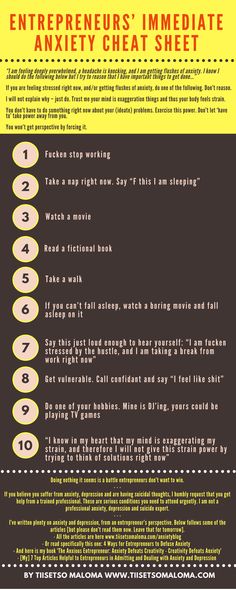 Also effective for stress and insomnia.
Also effective for stress and insomnia.
Synthetic GABA is less effective than natural GABA manufactured in Japan under the name PharmaGABA . It has been clinically tested and approved in Japan as a remedy for stress and relaxation.
PharmaGABA Chewable Tablets begins to act as quickly as possible , within 15 minutes after taking a feeling of calmness, and the action continues for another 4-6 hours. You can use it whenever you feel ″a little stress″))
The effective dosage is 100-200 mg. up to three times a day. For good sleep, you can take 200-300 mg. in the evening. It is completely safe, but do not exceed the dosage of 1200 mg during the day.
My choice: Natural Factors Pharma GABA Chewables
Ashwagandha Treats Anxiety and Sleep Disorders
Ashwagandha is also used for anxiety, but the form of the drug matters. The patented Sensoril Ashwagandha extract (8% Withanolides) is titrated to the active component withanolides, which have anti-inflammatory and anti-stress properties.
Studies have shown that ashwagandha reduces levels of the stress hormone cortisol, treats anxiety and sleep disorders , insomnia. In a study of people with chronic stress, ashwagandha reduced anxiety and insomnia by 69%.
The benefit of Sensoril Ashwagandha is that the extract gives a relaxing effect, but at the same time increases energy levels and reduces fatigue. An effective dosage is 125 - 250 mg twice a day.
My Choice: Natural Factors Ashwagandha or Natural Factors Ashwagandha Adaptogen, Stress-Relax, Serenity Formula
St. John's wort extract
St. John's wort is very effective in treating anxiety and anxiety when depression is the underlying cause of the anxiety.
Also related:
- WHAT ARE THE STRESS VITAMINS? EXPERTS ANSWER
- HOW OMEGA-3S HELP DEPRESSION AND STRESS
- HOW TO MANAGE DEPRESSION? EFFICIENT SUPPLEMENTS
The effects of chronic anxiety on the body - Empathy
Last time we found out that anxiety and fear are inventions of nature that served our ancestors for survival in the wild.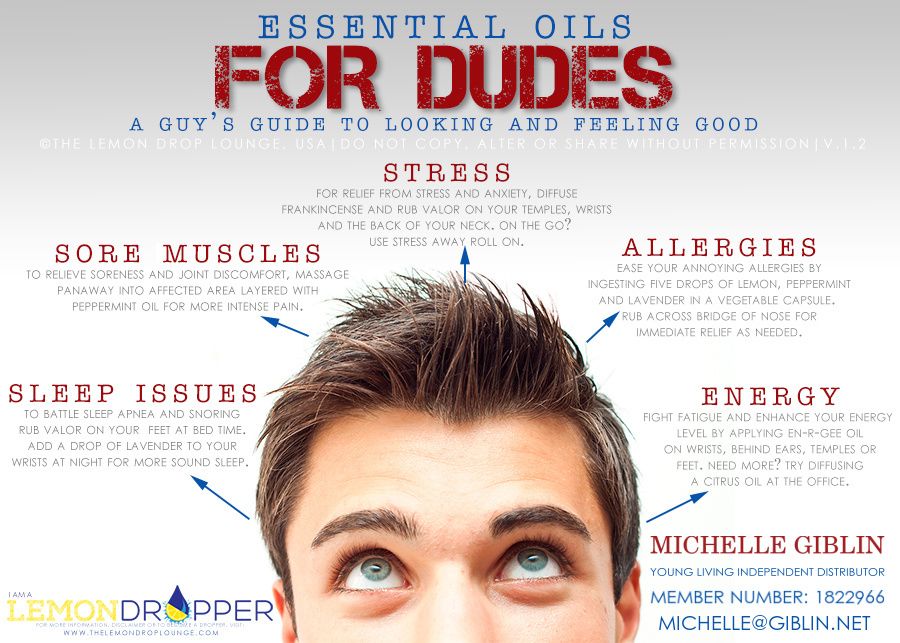 Fear is the immediate activation of all body systems in order to fight back or run away from the enemy. Anxiety served as a means of prognosis - a signal of impending, probable danger.
Fear is the immediate activation of all body systems in order to fight back or run away from the enemy. Anxiety served as a means of prognosis - a signal of impending, probable danger.
You can see how animals react to gusts of wind, gathering clouds before a strong thunderstorm, storm. Catching such signals, the primitive man, like them, felt the impending threat, informed his fellow tribesmen about it and took simple actions: he hid in a shelter. After performing stereotypical actions, the anxiety subsided.
However, in modern realities, when confronted with novelty, upheavals and events that were not in the past experience, stereotypes strengthened by centuries remain out of work. A person has no way to regain a sense of security, relying on instincts. At the same time, the life of a modern person impresses with the scope and pace of the changes taking place. So essentially neutral signals are often recognized by the brain as threatening: reputation, social status, social norms, self-esteem and other individual personal values, the existence of which the primitive man did not even know.
And if a person's consciousness is unable to cope with irrational impulses, anxiety becomes uncontrollable, pathological character. This type of anxiety always needs the qualified attention of specialists - psychologists, psychiatrists, psychotherapists, because. sooner or later, if no help is provided, pathological anxiety will lead to damage to health - mental or somatic (bodily).
How is it connected
Intense anxiety is accompanied by an increase in the blood of stress hormones, adrenaline and cortisol. In addition, there is a chain of more subtle biochemical changes in the body. In different people, chronic, pathological anxiety causes malfunctions in the work of various organs according to the principle “ where it is thin, there it breaks ”: which organ system is more vulnerable, what heredity has to do with it, there are breakdowns in the first place.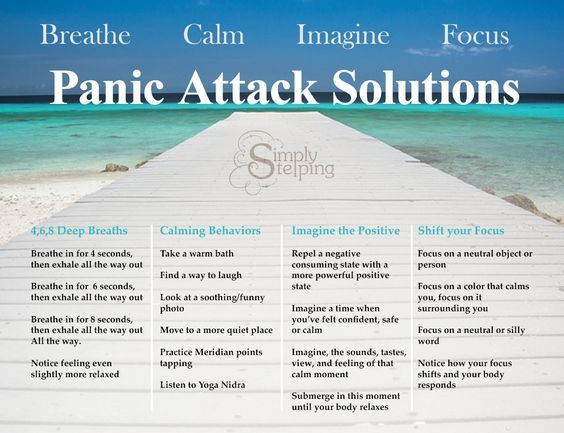
Most common problems
Vegetative-vascular dystonia
Even in young healthy people, a long stay in a state of anxiety triggers a cascade of physiological abnormalities and symptoms, which for many years it was customary to combine the term " vegetative-vascular dystonia ". This is a wide range of subjectively painful conditions of lightheadedness, sudden increased sweating, rapid heartbeat, feeling of lack of air, dizziness, weakness, high or low blood pressure - i.e. obvious painful symptoms, which, along with anxiety, significantly burden the lives of such patients. However, the most important thing is that when examining this category of patients, doctors often do not detect symptoms of diseases in the body! It is precisely the state of anxiety that provokes such a vegetative storm.
Cardiovascular diseases
For others, anxiety causes symptoms from the cardiovascular system: pain in the heart, tachycardia, shortness of breath, sudden sharp rises in blood pressure.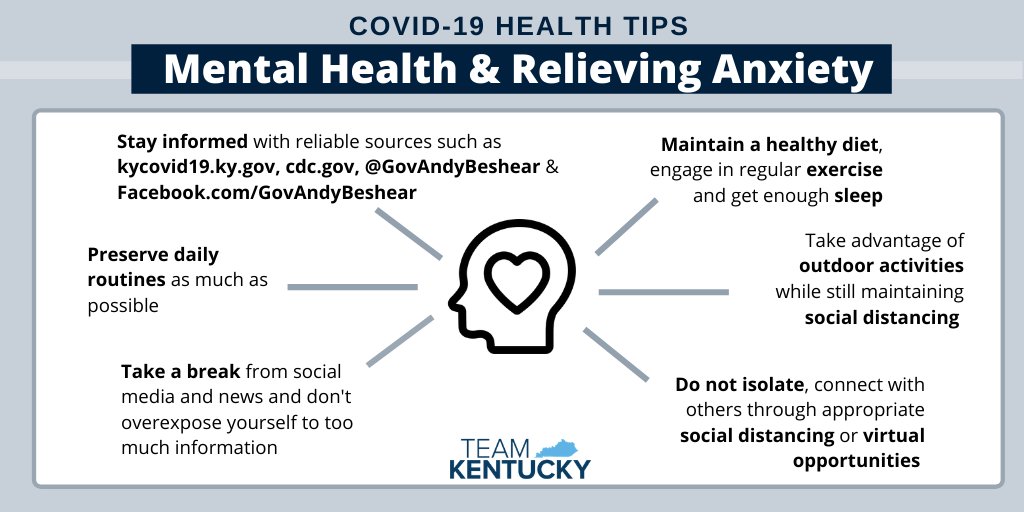 Such patients first of all turn to a cardiologist and are disappointed when, during the examination, doctors do not reveal pathologies, but recommend contacting mental health specialists. There are also more severe cases when prolonged anxiety occurs in people with pre-existing diseases of the cardiovascular system - then increased anxiety leads to progression of existing diseases . Modern research confirms that myocardial infarctions and strokes in people with anxiety disorders occur much more often. Moreover, the survival rate and recovery rate after these vascular accidents is much higher if such patients are prescribed sedative drugs and psychotherapeutic sessions in parallel with the main treatment.
Such patients first of all turn to a cardiologist and are disappointed when, during the examination, doctors do not reveal pathologies, but recommend contacting mental health specialists. There are also more severe cases when prolonged anxiety occurs in people with pre-existing diseases of the cardiovascular system - then increased anxiety leads to progression of existing diseases . Modern research confirms that myocardial infarctions and strokes in people with anxiety disorders occur much more often. Moreover, the survival rate and recovery rate after these vascular accidents is much higher if such patients are prescribed sedative drugs and psychotherapeutic sessions in parallel with the main treatment.
Digestive disorders
Long-term anxiety negatively affects the functioning of the digestive system. Disorders of the gastrointestinal tract in such situations are extremely diverse: ranging from difficulty in swallowing food, pain in various areas of the abdomen, lack of appetite, and vice versa, a feeling of constant hunger, nausea, up to neurogenic vomiting, bloating, seething, frequent urge to defecate, frequent loose stools (and, in the most delicate situations!), Or, conversely, persistent constipation.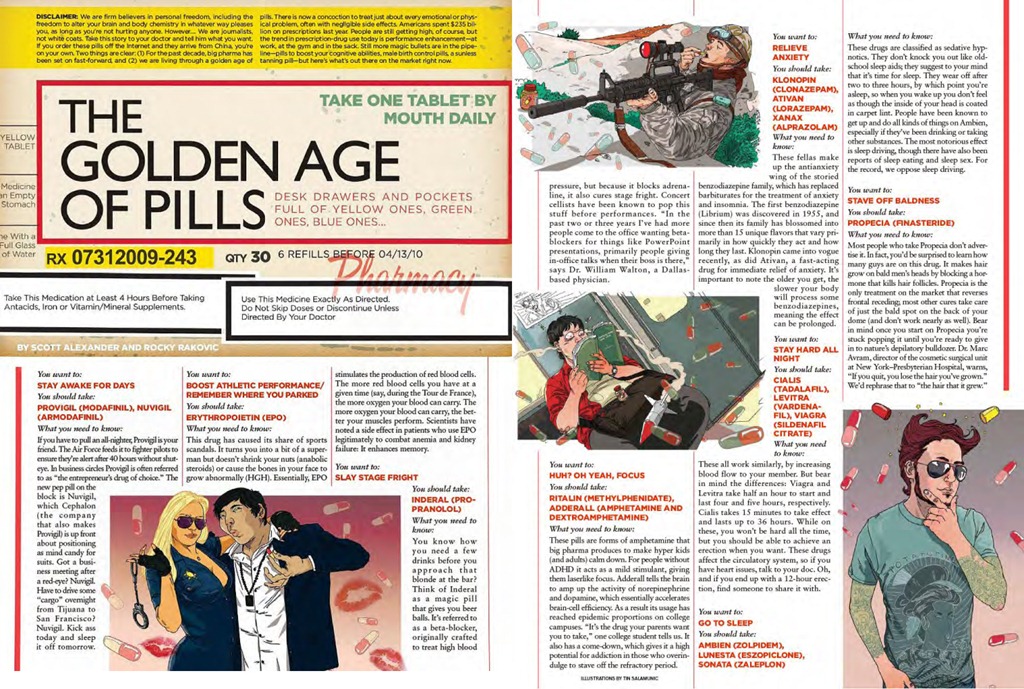 Among patients of gastroenterologists, up to half of patients with irritable bowel syndrome and other functional disorders of the digestive system need the help of mental health professionals. Moreover, in the initial stages - psychologists, and in more advanced cases - psychotherapists-psychiatrists. And those of them who received such help and solved the problem of anxiety, stop turning to gastroenterologists.
Among patients of gastroenterologists, up to half of patients with irritable bowel syndrome and other functional disorders of the digestive system need the help of mental health professionals. Moreover, in the initial stages - psychologists, and in more advanced cases - psychotherapists-psychiatrists. And those of them who received such help and solved the problem of anxiety, stop turning to gastroenterologists.
Sexual dysfunctions
A whole range of sexual disorders are closely associated with anxiety disorders. This and neurogenic erectile dysfunction in men, vaginismus and anorgasmia in women, decreased libido and pleasure from intimate intercourse. There may be discomfort, burning, pain, which doctors of this profile do not find the cause of, since in fact these symptoms are a consequence of somatoform anxiety disorder.
Skin problems
The negative effects of anxiety conditions affect the skin and hair.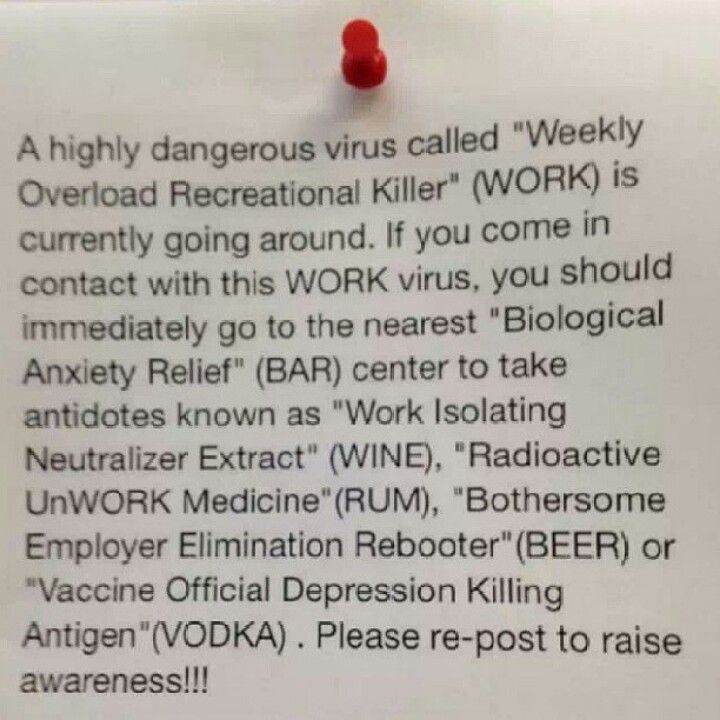 This is especially noted by cosmetologists and dermatovenereologists. The occurrence and exacerbation of skin diseases against the background of chronic stress is a long-known fact, and tranquilizers and other psychotropic drugs are often used in the treatment of such disorders. Neurogenic itching, increased hair loss, deterioration in hair quality, dull skin that has lost its elasticity are frequent companions of anxiety disorders.
This is especially noted by cosmetologists and dermatovenereologists. The occurrence and exacerbation of skin diseases against the background of chronic stress is a long-known fact, and tranquilizers and other psychotropic drugs are often used in the treatment of such disorders. Neurogenic itching, increased hair loss, deterioration in hair quality, dull skin that has lost its elasticity are frequent companions of anxiety disorders.
Immune exhaustion and cancer risks
With prolonged stress, changes occur in the state of the body's immune system. And the result of this can be various conditions, starting with incessant SARS (many of the frequently ill children are anxious children who are not adapted in the children's team), to the activation of chronic infections, chronic inflammatory processes. Any disease occurs in a more severe form, and recovery is much slower, because being in constant anxiety depletes the body and its resources to fight the disease.